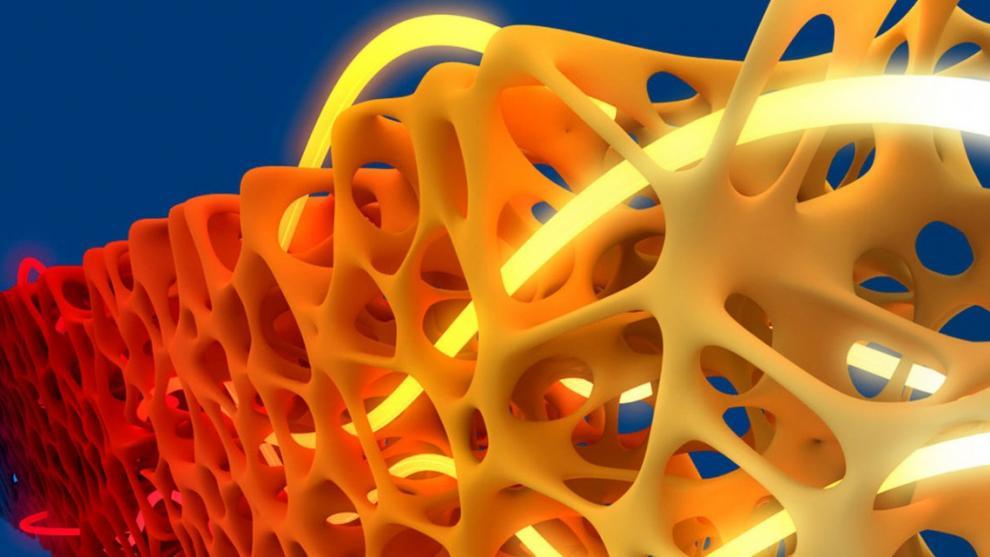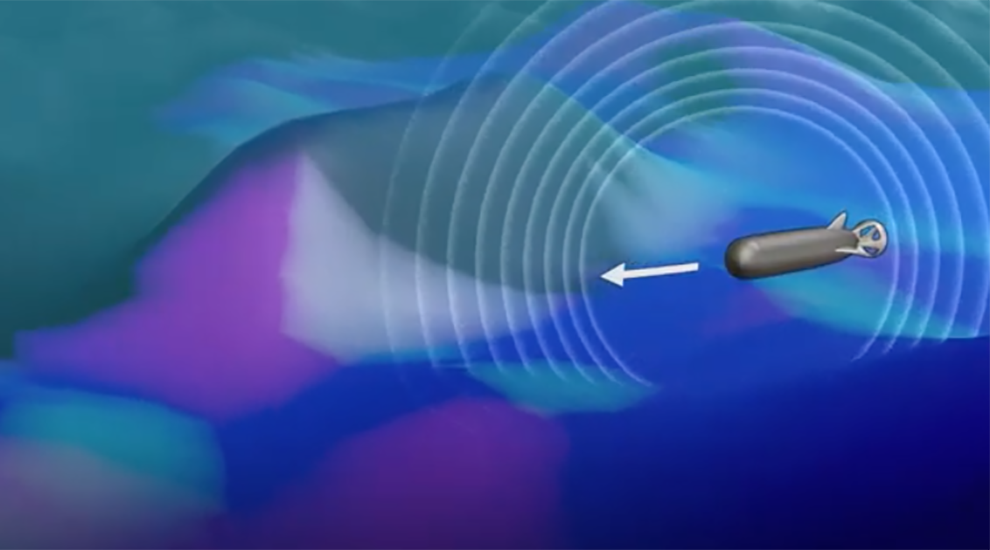
Research
Imagine What's Possible. Accelerate Discovery. Make Impactful and Lasting Change.
Strategic Research Areas
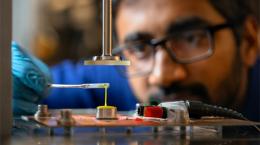
Advanced Manufacturing and Materials
Modeling, simulation, experimental characterization and synthesis to advance the state-of-the-art in materials design and discovery for engineering applications. Research ranges across length scales from nano to macroscopic and material classes that include metals, semiconductors, and polymers as well as biomaterials and biological tissues. Strong ties to Cornell High Energy Synchrotron Source (CHESS), the Cornell Center for Materials Research (CCMR) and Cornell NanoScale Science & Technology Facility (CNF).
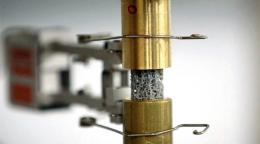
Biomechanics
Mechanics of bone, joint, tissue, tendons, cardiovascular, and microbiome. A strong collaborative relationship with Hospital of Special Surgery (HSS).

Bioengineering and Healthcare
Technology research translated to biomedical applications, such as early cancer detection, immunology treatments, and global and mobile health.

Energy and Sustainability
Modeling and simulation of fuels (combustion), turbulence, and air pollution and emissions; wind energy, thermal energy, geoengineering, and energy/sustainable systems engineering. Strong ties to Cornell’s Energy Systems Institute and Atkinson Center for a Sustainable Future.
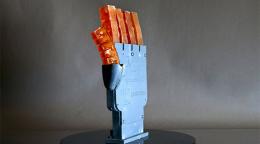
Robotics and Autonomy
Variety of research in autonomy (e.g. perception, planning), form (e.g. soft robotics, walking robots), and interaction (e.g. with humans). Interdisciplinary collaborations across departments and Colleges at Cornell.
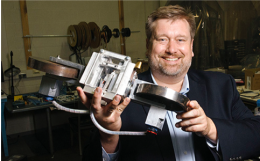
Space Science and Engineering
Technology to enable space missions, from Earth-observing, to deep space, to exoplanet exploration; directions include novel spacecraft designs, mission design and operations, autonomy, and propulsion.
Our Research Themes Cut Across Multiple Strategic Directions
- Micro and Nano-scale Science, including micro/nanodevice fabrication via Cornell Nanoscale Science and Technology Facility (CNF) and crystalline scale modeling and measurements via x-rays at CHESS.
- Systems Engineering, including developing and validating tools for products and systems, such as systems architecture and optimization of large scale systems, human-centered design, and sustainable design.
- Applied Mathematics, including strong ties to the Center of Applied Mathematics.
Collaborate
- With some of the most expert faculty in mechanical and aerospace engineering and theoretical and applied mechanics
- Across disciplines in Cornell’s uniquely interdisciplinary infrastructure
- With researchers from across nations who work in academia, industry, and government
- With some of the world’s most elite students
Experience
- Pioneering advancements in aerodynamics, fluid dynamics, aerospace systems, and control
- Groundbreaking developments in biomedical mechanics, engineering materials, fluid dynamics, and nanotechnology
- Nationally recognized research initiatives such as the Cornell University Satellite Project
- Top-notch research facilities including the Nanobiotechnology Center and the Cornell Center for Materials Research
- Finding real-world solutions to today’s most urgent problems
Distinguish Yourself
- With a multidisciplinary approach to mechanical and aerospace engineering
- As an innovative thinker and academic leader
- With the Cornell name, network, and reputation



